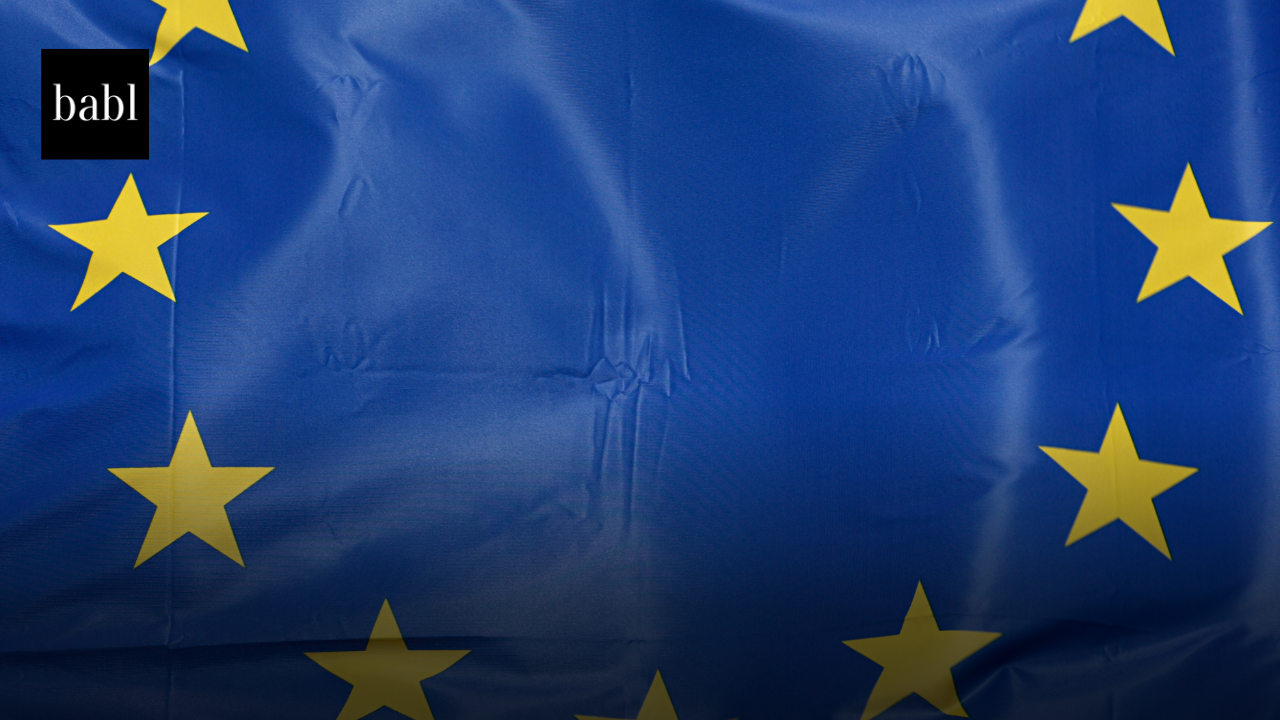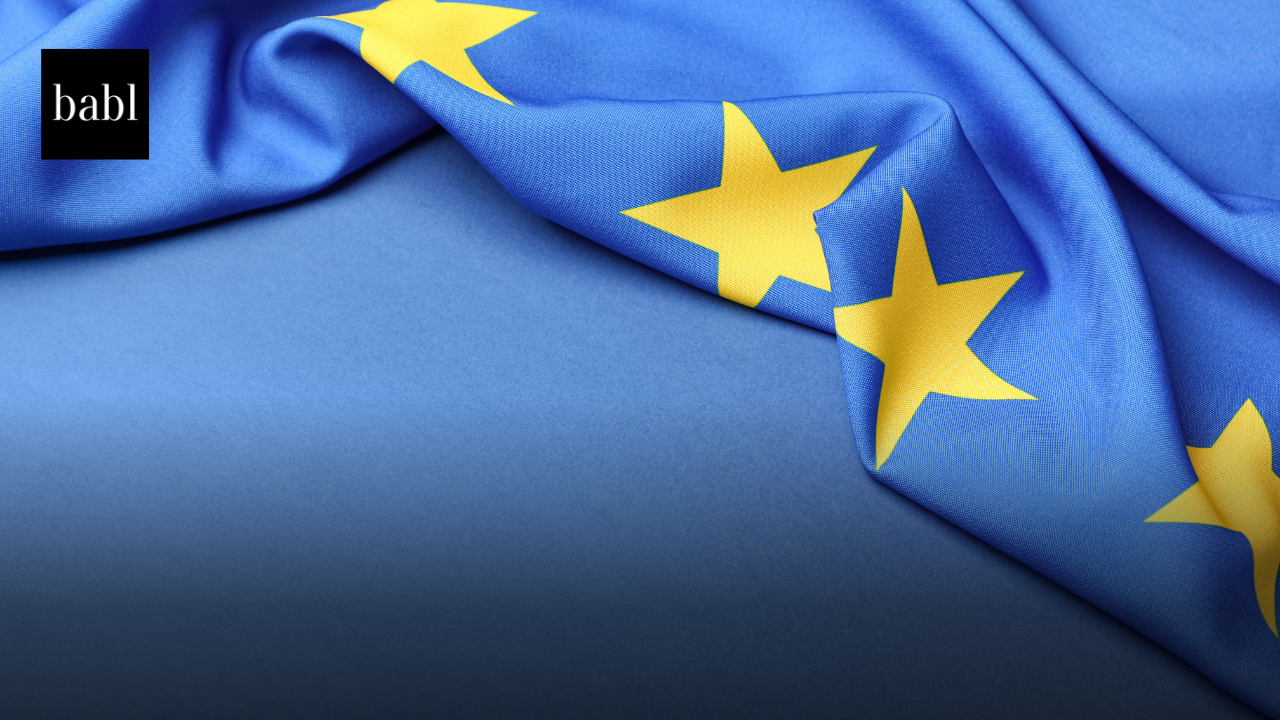The European Commission on Wednesday unveiled a major overhaul of the bloc’s digital rulebook, proposing broad simplifications to AI, data protection, and cybersecurity laws—an effort pitched as a boost for competitiveness but criticized by privacy advocates as a rollback of digital rights. Reuters reported key elements of the plan ahead of its release.
The package centers on a new Digital Omnibus designed to cut overlapping requirements under the GDPR, AI Act, e-Privacy Directive, and Data Act. According to the Commission, the reforms could save companies up to €5 billion in administrative costs by 2029, while a new European Business Wallet—a digital identity and document tool for companies—could unlock €150 billion in annual savings.
But draft text seen by Reuters shows the Commission also plans to allow tech companies to train AI models on personal data using “legitimate interest”—without user consent—and delay enforcement of high-risk AI rules by up to a year. The proposal would also exempt certain narrow-use AI systems from registration in the EU’s high-risk database.
EU antitrust chief Henna Virkkunen, who presented the package, said the goal is to cut red tape while preserving Europe’s high standards. “We are giving space for innovation to happen and to be marketed in Europe,” she said.
Major industry players—including Google parent Alphabet, Meta, SAP, and Siemens—have long argued that Europe’s regulatory landscape hampers innovation and leaves EU firms behind global competitors. The Trump administration has also attacked EU tech rules as unfair to American companies.
The new reforms drew strong backlash from privacy groups. Civil society coalition NOYB called the proposals “the biggest rollback of digital fundamental rights in EU history,” a sentiment echoed by hundreds of posters and mobile billboards deployed around Brussels urging Commission President Ursula von der Leyen to “stand up to Big Tech and the U.S. President,” Reuters reported.
Dutch MEP Kim van Sparrentak said it was “disappointing to see the European Commission cave” to industry and political pressure.
The reform package now moves to the European Parliament and Member States for negotiation.
Need Help?
If you’re concerned or have questions about how to navigate the global AI regulatory landscape, don’t hesitate to reach out to BABL AI. Their Audit Experts can offer valuable insight and ensure you’re informed and compliant.





